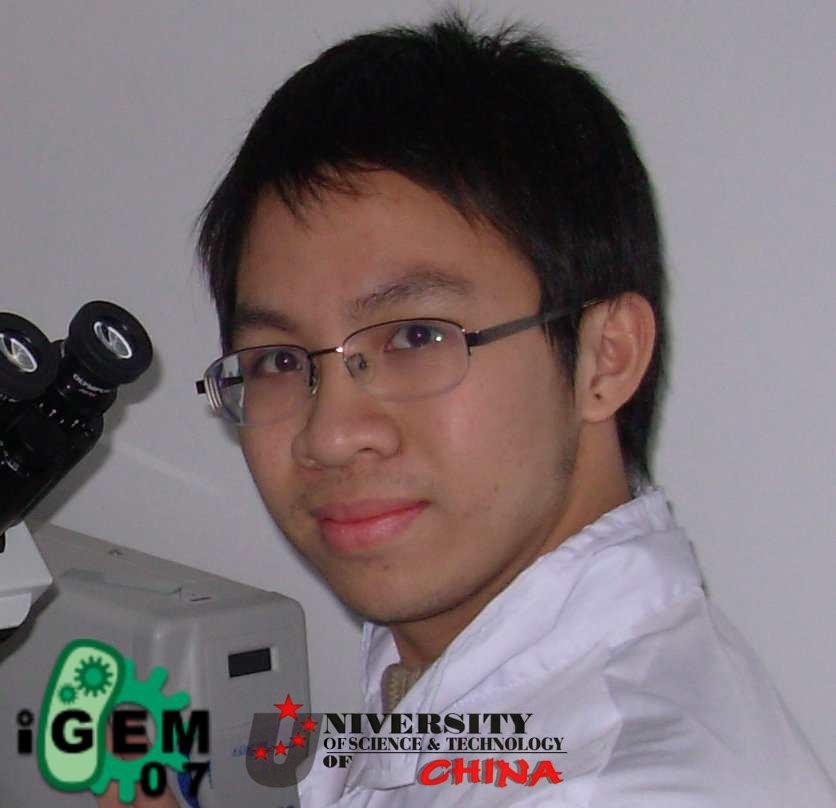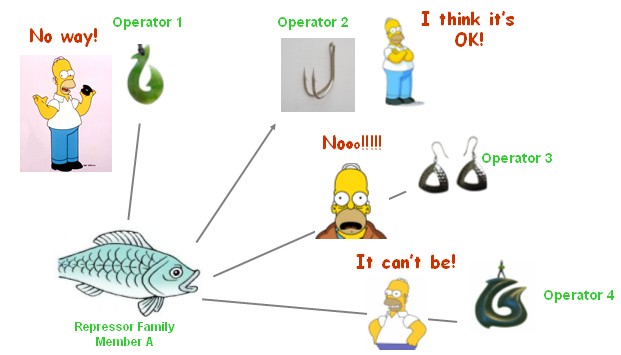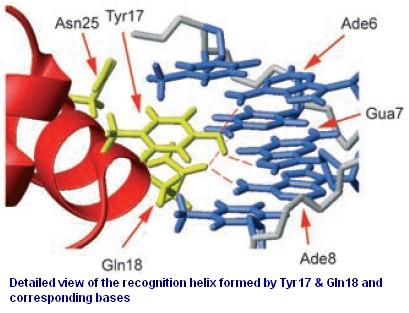USTC/SuXiaofeng
From 2007.igem.org
XIAOFENG SU
Undergruduate Student of Cellular and Molecular Biology,USTC
Email: allensue@mail.ustc.edu.cn (preference) or xiaofsu@gmail.com
Phone: +86-551-3602469 (Lab)
Mobile: +86-13866722084
Address: Room 439, School of Life Sciences, USTC, Hefei, Anhui, P.R.China, 230026
Research Interest
- Directed Evolution for Seeking New Protein-DNA Interactions
- Approaches of Synthetic Biology for Forming Novel "Genetic Engineering Machines"
- Differentiation and Development of Stem Cells
Research Work
- Overall Description
For obtaining the signaling transduction parts of repression with high fidelity, I've experimentally designed and acquired some specific repressor-promoter pairs(R-P pairs or P-R pairs)based on Lactose Operon by directed evolution on plate. Besides, through quantitative assay,the novel artificial R-P pairs I selected have been tested for their binding performance so that P-R pairs of highest affinity and specificity can make a figure out of P-R pair candidates. Most of the parts in my work have been BioBricks-Standardized and work as BioBrick parts.
- Experimental Design
- Construction of Expression Library of Lac-Repressor Family [Collaboration]
- Synthesis of Promoter Sequence with Specific Operators
- Construction of Low-copy Reporter System with Specific Opertors
- Selection of Promoter-Repressor Pair(P-R Pair) including re-testing validity of these combination
- Transfering the Operators to Double Reporter Systems [Collaboration]
- Quantitative assay of Repression Intensity and Specificity of P-R Pairs
- Results From RM(Repression Matrix) to ORM(Orthogonal RM)
- Work Process and Summary
- Key Results


